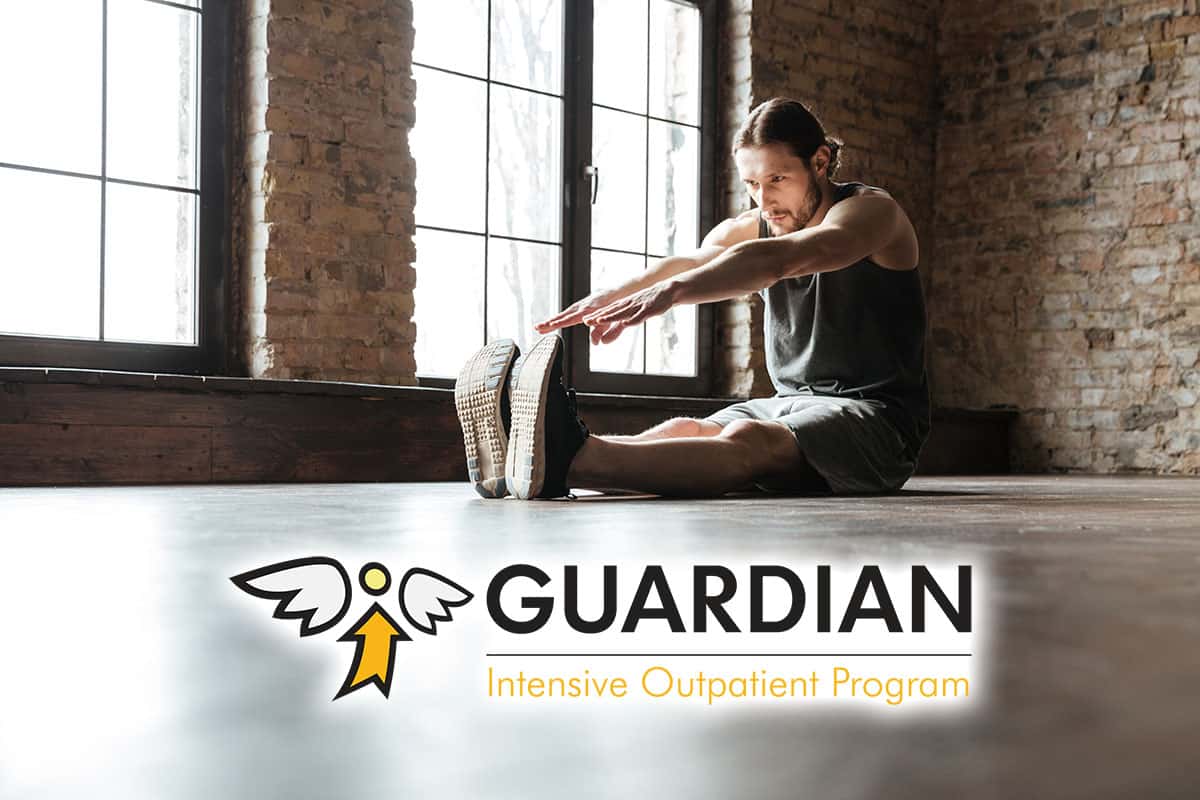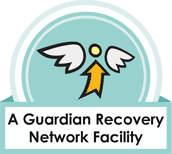Attention-deficit hyperactive disorder, or ADHD, is an extremely common mental health condition, most commonly diagnosed during childhood. ADHD is a neurodevelopmental disorder, meaning that it directly affects brain development and chemistry. Children who are diagnosed with ADHD will have an extremely hard time paying attention, and will usually oscillate back and forth between one activity and another; they will have a hard time effectively completing the task at hand. Those with ADHD will also likely engage in risk-taking or inappropriate behaviors more frequently, without stopping to seriously weigh out potential consequences.
Because most children are active and imaginative, it isn’t uncommon for them to have a hard time focusing on occasion. Rather than just an occasional lack of focus, the ability to get easily distracted or a seemingly short attention span, children with ADHD will experience serious issues when it comes to learning and retention. If the mental health condition is left undiagnosed and/or untreated, children with ADHD will not simply “grow out of it.” Disruptive behaviors will follow them into adulthood. While the symptoms might lessen as they age, they will never fully resolve without professional intervention and treatment. It is also possible for adults with untreated ADHD to experience symptoms that are hugely detrimental to their day-to-day lives. The main symptoms of this specific condition change slightly with age. Adults with ADHD will be prone to impulsivity, and are likely to make life-altering decisions without considering potential consequences. The afflicted are also prone to restlessness and they will have difficulty paying attention and staying on track.
The majority of adults who have ADHD are not even aware that the symptoms they have been presenting are linked to a mental health condition. While diagnosing ADHD in childhood is fairly common, it is far less frequently diagnosed during adulthood. Those who struggle with this condition as adults may just assume that they are not proficient workers, or that working full-time “is not for them.” Adults with ADHD will find it difficult to prioritize assignments and tasks and will often fall behind with their workload because of this.
Some common symptoms of adult ADHD include:
- Forgetting things or losing things regularly
- Missing deadlines
- Disorganization
- Difficulties when asked to multitask
- Forgetting plans with others/arriving late
- Losing train of thought
- Talking a disproportionate amount in social settings
- Interrupting others
- Fidgeting/physical restlessness
- Risk-taking behaviors, such as substance use or promiscuous sex
- Mood swings/agitation and a short temper
- A difficult time managing stress or coping with uncomfortable emotions
Why is ADHD Treatment Important?
Those with mild to moderate symptoms of ADHD may believe that they can successfully manage symptoms on their own, or that they do not require professional medical care. Those who have been struggling with the symptoms of ADHD since childhood may have grown accustomed to living with said symptoms. However, it is extremely important that no matter how non-disruptive or manageable to symptoms might seem, they are always professionally diagnosed and treated. Adults living with untreated symptoms of this mental health condition are far more prone to begin abusing drugs and alcohol than members of the general public. It is estimated that 25% of all adults in treatment for substance abuse or dependency simultaneously suffer from some type of attention deficit disorder. When it comes to the development of ADHD there are several known contributing factors. These factors will be carefully considered when a treatment program is being developed (especially when ADHD is found to be comorbid with addiction), and they include:
- Genetic predisposition – The majority of individuals who develop attention-deficit hyperactive disorder will have hereditary ties to the disorder.
- Significant trauma – Trauma is the least common cause, though those who have lived through a severe accident and have sustained head injuries or trauma might develop symptoms of ADHD or another related disorder.
- Previous exposure to addictive substances – Some chemical substances have been found to contribute to the development of this condition, and those with personal histories of substance abuse and dependency have been found to be more prone.
More on ADHD and Addiction
Research has shown that 13% of adult females with ADHD also struggle with substance abuse or addiction, as do 21% of adult males. There are several factors that drive ADHD sufferers towards substance abuse. Attempting to self-medicate disruptive symptoms is extremely common – individuals with untreated symptoms of ADHD often turn to chemical substances to help cope with the symptoms themselves, or to cope with the consequences of the symptoms (such as problems at work or in interpersonal relationships). Because ADHD causes dopamine levels within the brain to decrease dramatically, it is also common for adult sufferers to turn to “feel good” substances in order to (subconsciously) attempt to offset this imbalance. It is crucial that both conditions are monitored closely during treatment, and that applied treatment options are both integrated and effective in managing symptoms of both ADHD and addiction. In most cases, a combination of non-narcotic medicinal and holistic treatment options will be necessary.
Non-Narcotic Treatments for ADHD
There are many non-narcotic medicinal and holistic treatments available to those struggling with the symptoms of untreated ADHD. Those who struggle with this specific disorder will most commonly be prescribed a stimulant medication to help offset symptoms, such as Adderall or ritalin. The problem is, these prescription medications are habit-forming and have a high propensity for abuse. Upon diagnosis, personal history with substance use will be closely examined. If an individual has struggled with stimulant abuse in the past, such as cocaine abuse, for example, drugs like ritalin will likely be avoided. However, it is important to note that traditional medicinal options are not immediately discarded in every case of past or current substance abuse. The best method of treatment will vary on a person-to-person basis. However, at Guardian IOP we have found that non-narcotic and non-addictive medicinal treatment options generally work just as well – if not better – in the long-term treatment of ADHD. Some non-narcotic medicinal options include:
- Strattera (atomoxetine) – This prescription medication was the first non-narcotic and non-addictive medicinal treatment option for ADHD approved by the Food and Drug Administration. This medication is a selective norepinephrine reuptake inhibitor, meaning that it works by preventing the reuptake of certain chemicals within the brain, leading to an increased ability to focus. Unlike standard medications like ritalin, this prescription could take over a month to reach its full therapeutic effects. This is an ideal option for those who have struggled with stimulant abuse in the past.
- Tricyclic antidepressant medications – When the prescription of stimulant medications has proven problematic, antidepressants could be an effective alternative. This is an ideal non-narcotic option for those who simultaneously struggle with multiple mental health conditions, such as ADHD, addiction and depression.
- Wellbutrin – Another type of antidepressant, Wellbutrin is a non-addictive medication that has proven effective in the treatment of symptoms associated with ADHD.
- Blood pressure medications – Non-narcotic medications like clonidine and guanfacine – both originally developed to treat high blood pressure – have proven effective in the treatment of ADHD.
The Best Non-Narcotic/Non-Addictive ADHD Treatments
There are also many non-narcotic and non-addictive holistic options when it comes to the treatment of ADHD. At Guardian IOP we generally utilize a combination of medicinal and holistic treatment options. Some of the most effective non-addictive holistic treatment options include (but are not limited to):
- Psychotherapy
- Talk therapy
- Life skills training
- Vocational training and support
- Regular exercise
- A nutritional diet
- A well-regulated sleep cycle
It is important to note that holistic treatment options will not be effective unless they are part of a more comprehensive treatment plan. Individuals who are struggling with ADHD and addiction must enter into dual diagnosis treatment, where both conditions will be thoroughly addressed and treated individually – however simultaneously.
Guardian IOP, ADHD and Addiction
At Guardian IOP, we offer non-narcotic and non-addictive medicinal and holistic treatment options geared towards tackling all existing disorders and paving the way for lifelong recovery. If you or someone you love has been struggling with untreated ADHD and substance abuse, we are available to help. Give us a call today to learn more about our integrated treatment program, and to go over viable treatment options.

Reviewed for accuracy by:
Anna Marie Barrett LCSW, CYT
Anna earned her Masters of Social Work at Barry University in Miami, FL in 2017 and completed her internship in co-occurring disorders. Anna has a Bachelors of Art in Religious Studies from Naropa University and is a certified yoga and meditation instructor. Anna has received specialized training in somatic counseling with an emphasis on body-centered psychotherapy.




















